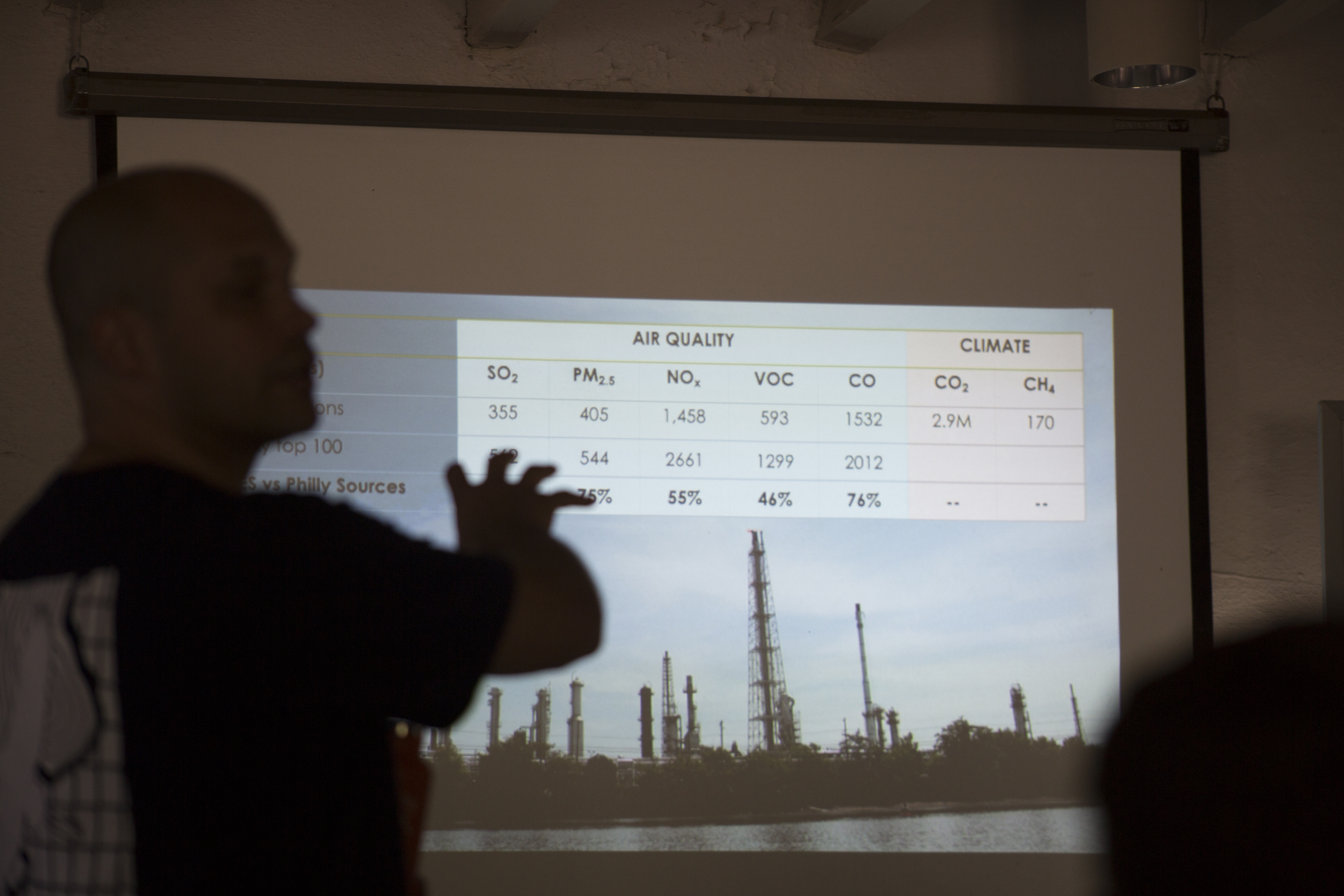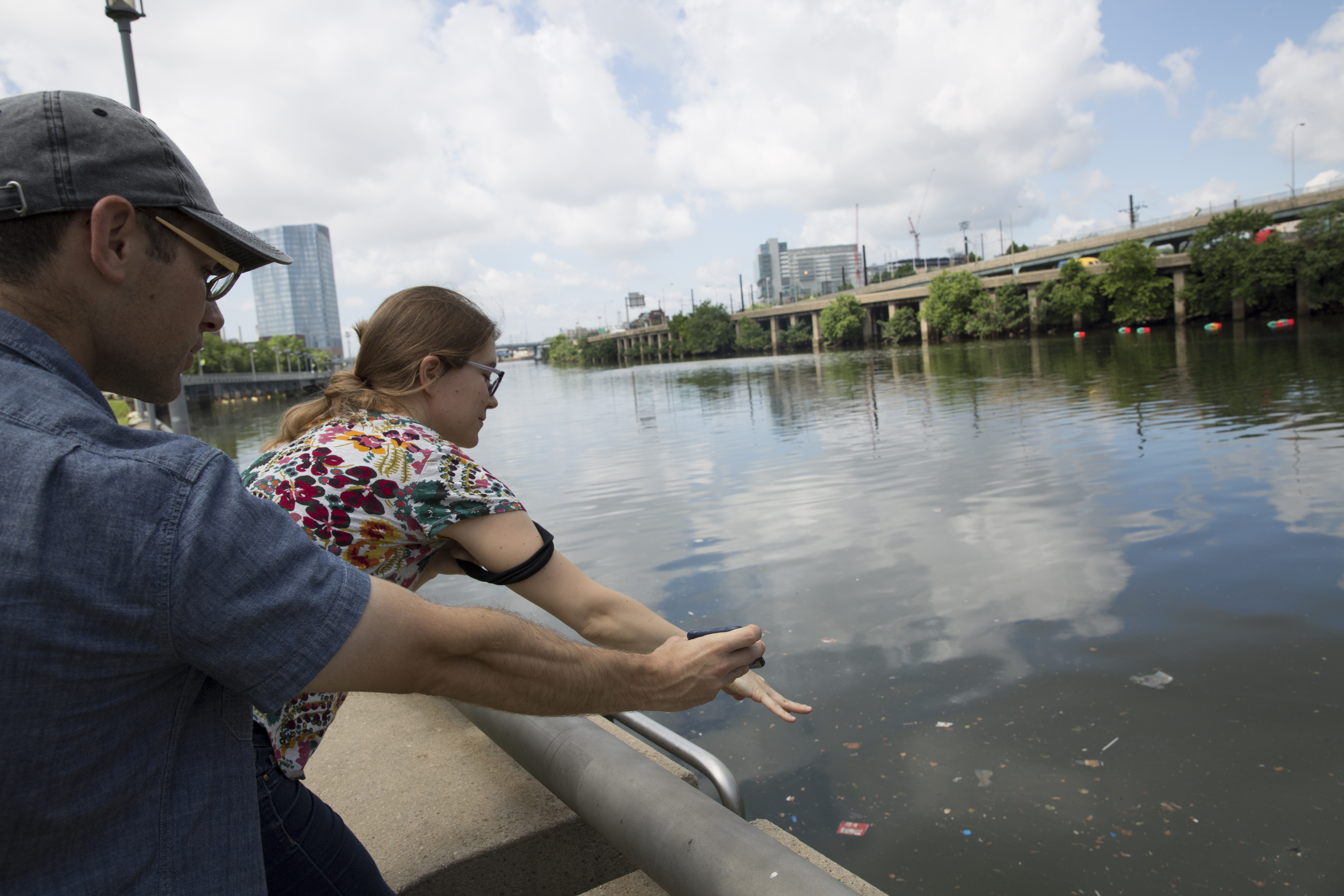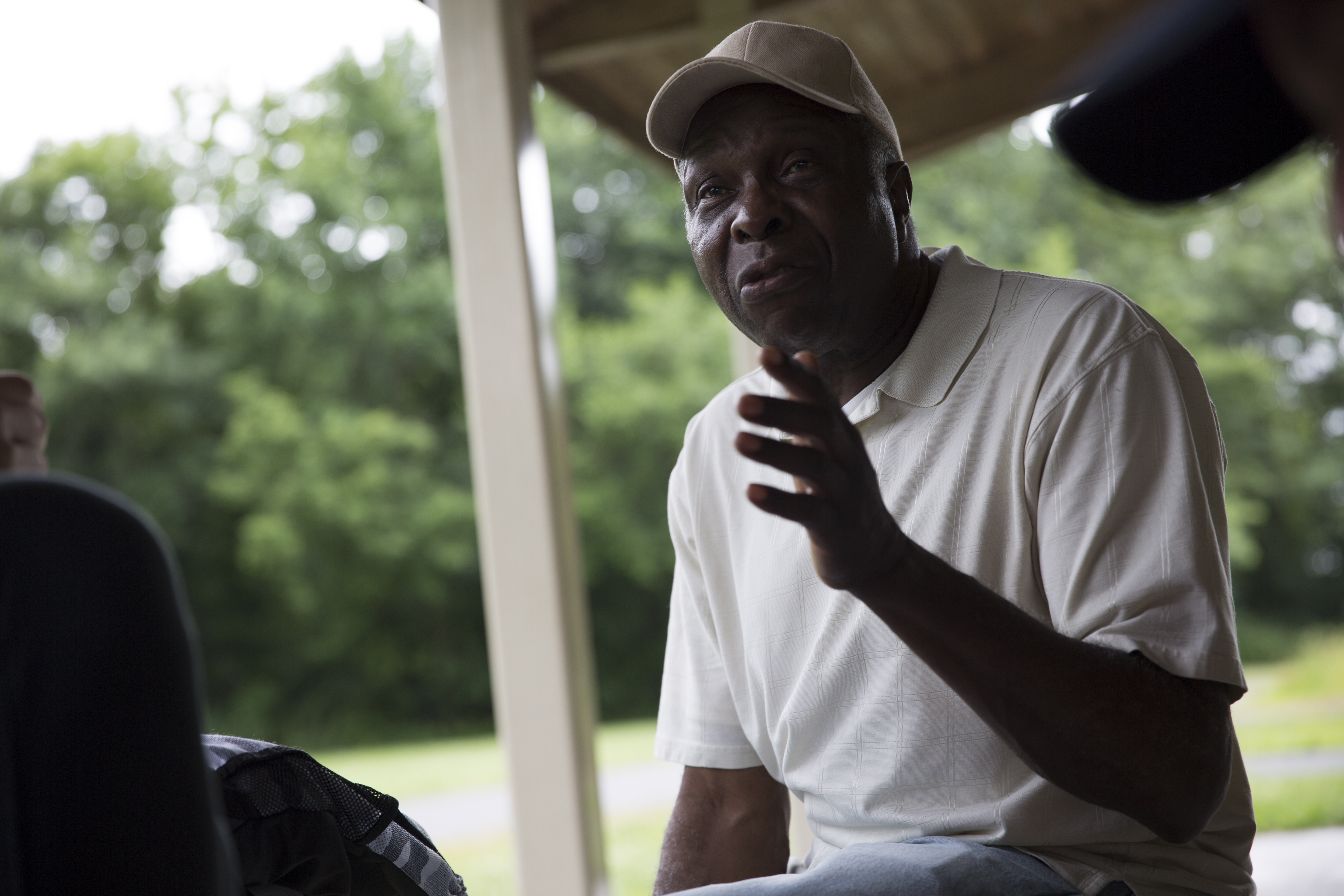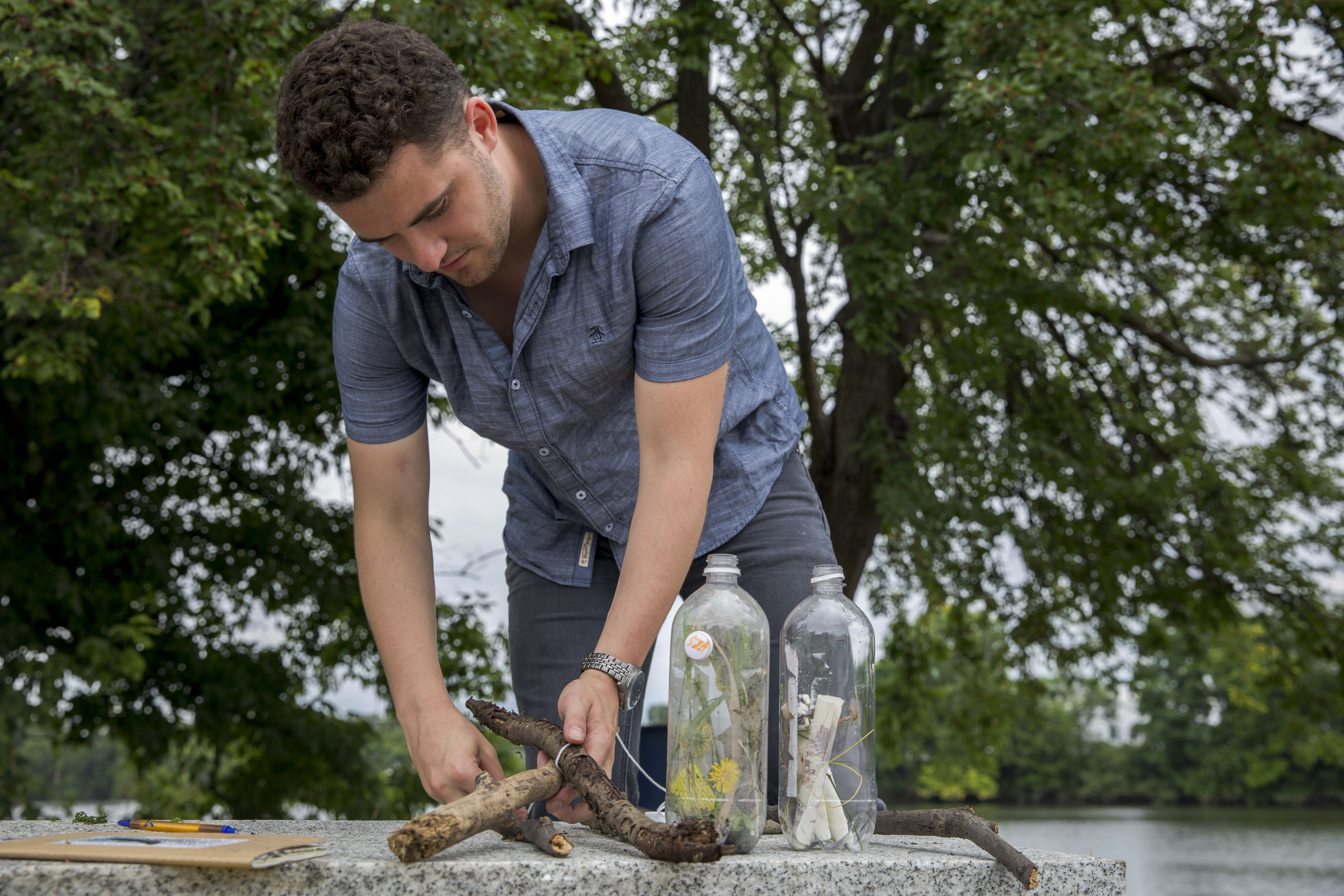On-Water Intensive
A ten-day immersive research seminar conducted in collaboration with Drexel University and the Academy of Natural Sciences
The On-Water Intensive Research Seminar is a cross-instutitional collaborative effort organized by the Penn Program in Environmental Humanities with Drexel University and the Academy of Natural Sciences. For ten days in June 2018, faculty, students (including graduate and undergraduate sink|float|spill|flow Summer Fellows), and Community River Fellows, met at sites in, on, and along the Schuylkill and Delaware Rivers, as well as the Wissahickon Creek.
To conduct this immersive, embodied research, we used on-water classrooms (floats, wooden boats, kayaks, and motorized launches) and walked in creeks and marshes. Together we are co-creating a public curriculum of educational materials and creative arts-science experiments designed for continued river engagement, historical and environmental literacy, and stewardship. We believe in the “right to research” and the need for public scholarship in the climate-changed city. Research findings and expressions feed the living digital archive of the Schuylkill River and Urban Waters Research Corps.
The On-Water Intensive explores the river through four interdisciplinary lenses and sets of questions:
-
What is the Anthropocene, the geologic era following the Holocene, as we have made it and experience it on the tidal Schuylkill?
-
Environmental history and science at the confluence of the Schuylkill and Delaware Rivers
-
Management and governance of the river, including its human and more than human populations
-
Arts-driven inquiry into the tidal river’s past, present, and future in a climate-changed environment
Mini-lectures, collaborative experiments, and civic dialogues–guided by faculty from the Academy of Natural Sciences, Drexel University, and the University of Pennsylvania, and guest artists–introduce and elaborate each topic. Students receive intensive mentoring by the seminar instructors and collaborate closely with one another to develop their own final interdisciplinary projects designed to generate still more possibilities and opportunities for analytical, critical, and creative work along, on, or in the water itself. Penn participants hail from PPEH's collaborative Research Group: including four Penn faculty members who mentored Graduate and Undergraduate Fellows. The Penn students' sink|float|spill|flow projects received funding through the Provost Office's Center for Undergraduate Research and Funding.
Learn more by reading Penn Today coverage of the seminar and watching a 5 min documentary published by the Penn School of Arts and Sciences online magazine Omnia.
All photo credits to Steph Garcia




